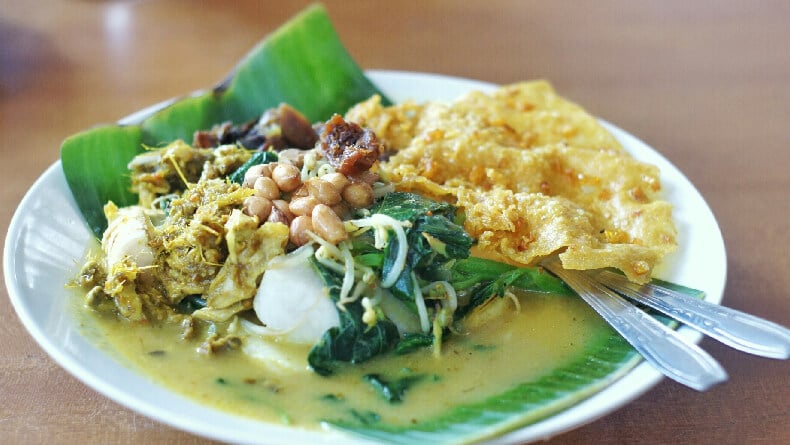
Tabanan is a region rich in cultural heritage and unique traditions that stand out from the rest of the island. From ancient agricultural practices to distinctive culinary delights, Tabanan offers a glimpse into a side of Bali that its more touristy neighbors often overshadow. This blog explores some unique traditions that make Tabanan a must-visit destination for anyone interested in Bali’s cultural diversity.
Subak System: The Ancient Irrigation Method

The Subak system, a traditional irrigation method, is a cornerstone of Balinese agriculture and community life. Originating over a thousand years ago, this system reflects the connection between the Balinese people and their environment. In Tabanan, the Subak system is particularly significant due to the region’s vast rice terraces.
Unlike other parts of Bali, Tabanan’s Subak is characterized by its extensive and intricate network of canals and tunnels. These are meticulously maintained by local farmers who work together to ensure equitable water distribution. The cooperative nature of Subak not only sustains agriculture but also reinforces community bonds.
Local farmers often share stories of how Subak has been passed down through generations. They take pride in explaining how this ancient practice has helped preserve their way of life, maintaining a balance between man, nature, and the spiritual world.
Makepung Lampit: The Mud Buffalo Races

While buffalo racing is a common sight in Jembrana, Tabanan offers a unique twist with its Makepung Lampit, or mud buffalo races. This thrilling event takes place in the muddy rice fields after the harvest season, turning the fields into a racetrack.
Participants, known as jockeys, ride on traditional wooden plows pulled by pairs of buffaloes. The sight of these powerful animals charging through the mud is a spectacle that draws crowds from all over Bali. Makepung Lampit is more than just a race; it is a celebration of agricultural life and a tribute to the hardworking farmers of Tabanan.
Interviews with local jockeys reveal their deep respect for the buffaloes and their significant role in Balinese culture. The races are about winning and honoring the animals and the land that sustains them.
Tipat Blayag: A Traditional Dish

One cannot talk about Tabanan without mentioning its unique culinary offerings. Tipat Blayag is a traditional dish that is deeply rooted in Tabanan’s culture. It consists of compressed rice cakes served with a rich and flavorful sauce made from coconut milk, spices, and chicken or fish.
What sets Tipat Blayag apart is its preparation method. The rice is wrapped in coconut leaves and steamed, giving it a distinctive texture and flavor. The sauce, often made with a secret blend of local spices, reflects the culinary ingenuity of Tabanan’s people.
Local chefs and food enthusiasts are passionate about Tipat Blayag, often sharing their recipes and cooking tips. This dish is not just a meal but a representation of Tabanan’s rich culinary heritage.
Temple Anniversary Celebrations: Piodalan in Tabanan

Piodalan, the temple anniversary celebration, is a significant event in Balinese Hinduism. In Tabanan, these celebrations are particularly elaborate, reflecting the region’s deep spiritual roots. Each temple’s Piodalan is marked by a series of rituals, offerings, and communal activities lasting several days.
The ceremonies involve the entire community, with everyone participating in the preparations and festivities. Offerings of food, flowers, and incense are made to the gods, and traditional music and dances are performed. The atmosphere during Piodalan is one of reverence and joy, as the community comes together to honor their deities and ancestors.
Interviews with temple priests and devotees provide insight into the significance of Piodalan and the meticulous preparations that go into it. These celebrations are a testament to Tabanan’s strong sense of community and spirituality.
We invite you to share your experiences or questions about Tabanan’s traditions. If you ever visit Bali, explore Tabanan and immerse yourself in its unique cultural practices. There is no better way to understand the heart of Bali than by experiencing its rich and diverse traditions firsthand.
